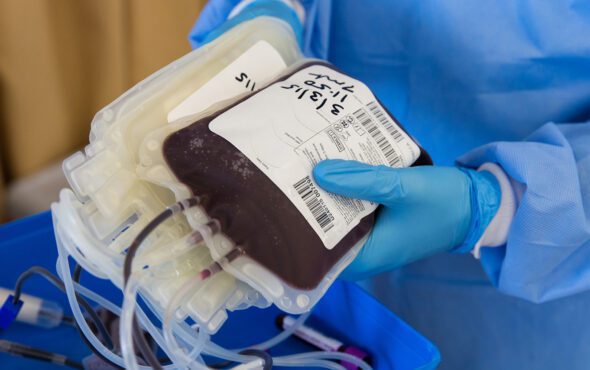
In a massive win for LGBTQ+ rights, Austria has removed its archaic ban on blood donations from queer individuals.
On 20 May, Green party Health Minister Johannes Rauch announced the groundbreaking news in a statement.
“We are putting an end to discrimination from another age,” he said.
“If someone wants to help by donating, there is no reason why they should be prevented from doing so because of their sexual orientation or gender identity.”
Under the new set of rules, any person that has had sexual intercourse in the last three months will be prevented from donating blood – regardless of their sexual orientation or gender identity.
This is a stark change from the country’s previous regulations, which saw non-binary and trans individuals banned from donating blood completely.
Queer men were also blocked from donating for 12 months if they engaged in sexual intercourse.
The inclusive adjustment will be implemented this autumn and will be evaluated by health experts after two years.
HEALTH – #Austria is relaxing its blood donation rules, which at present stop many gay, bisexual, and transgender people from donating.
According to the Health Minister Johannes Rauch, the regulation will apply from autumn and will be evaluated by experts after two years.#lgbt pic.twitter.com/gmD1XfkzG2
— Pride in Law (@prideinlaw) May 21, 2022
In a statement to Mannschaft, chairman of HOSI Vienna Ann-Sophie Otte said that “years of pressure” from the LGBTQ+ community helped push the government to draft new rules regarding “non-discriminatory blood donation.”
Managing Director of AIDS-Hilfe Wien Andrea Brunner echoed similar sentiments in an additional statement.
“Together with many other organisations, we have been drawing attention to the fact that blood donation must be based on individual risk behaviour of donors and not on the fact that groups are excluded on the basis of their sexual orientation or identity as before,” Brunner said.
“If this is now possible with the regulation, this is an important step.”
Recently, an array of countries have eased blood donation restrictions on gay, bisexual and queer men.
The UK did so just last year, with countries such as Greece, France, Denmark, Brazil, Israel and Hungary also lifting their bans.



